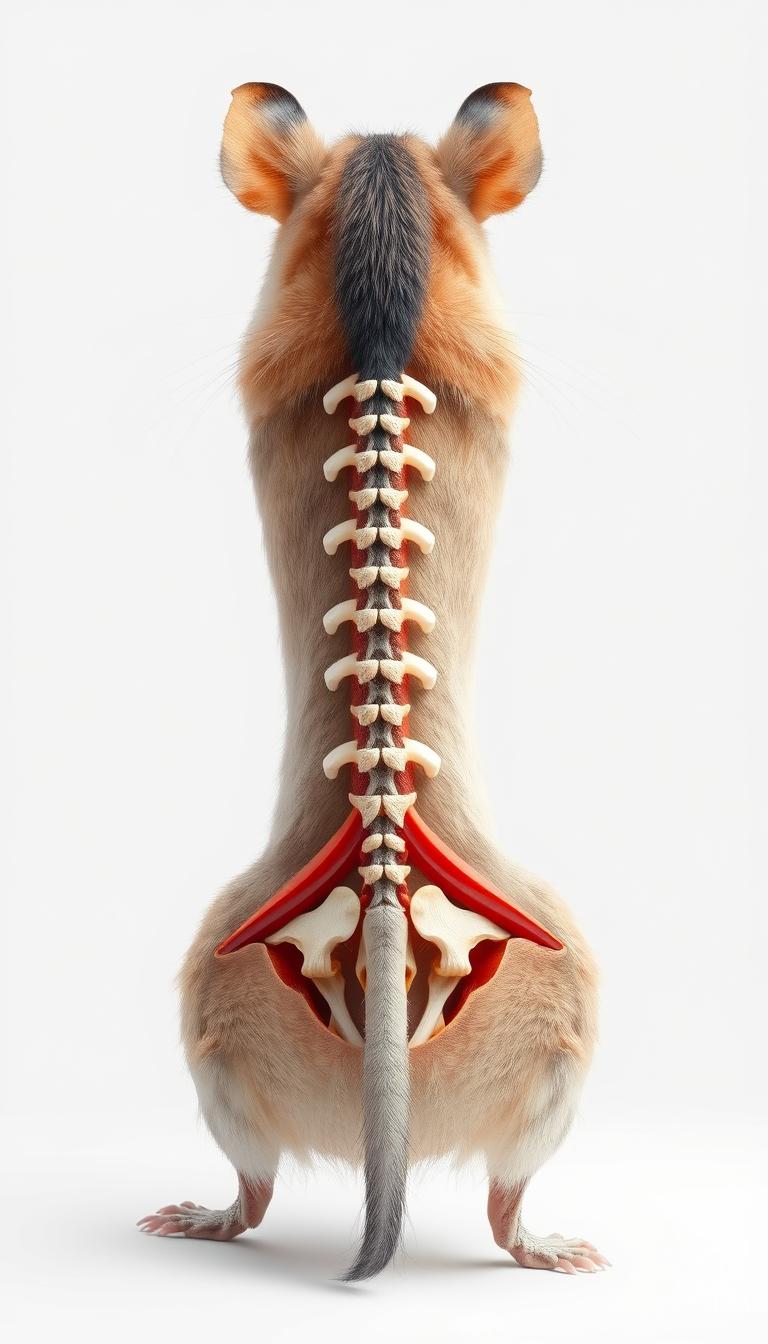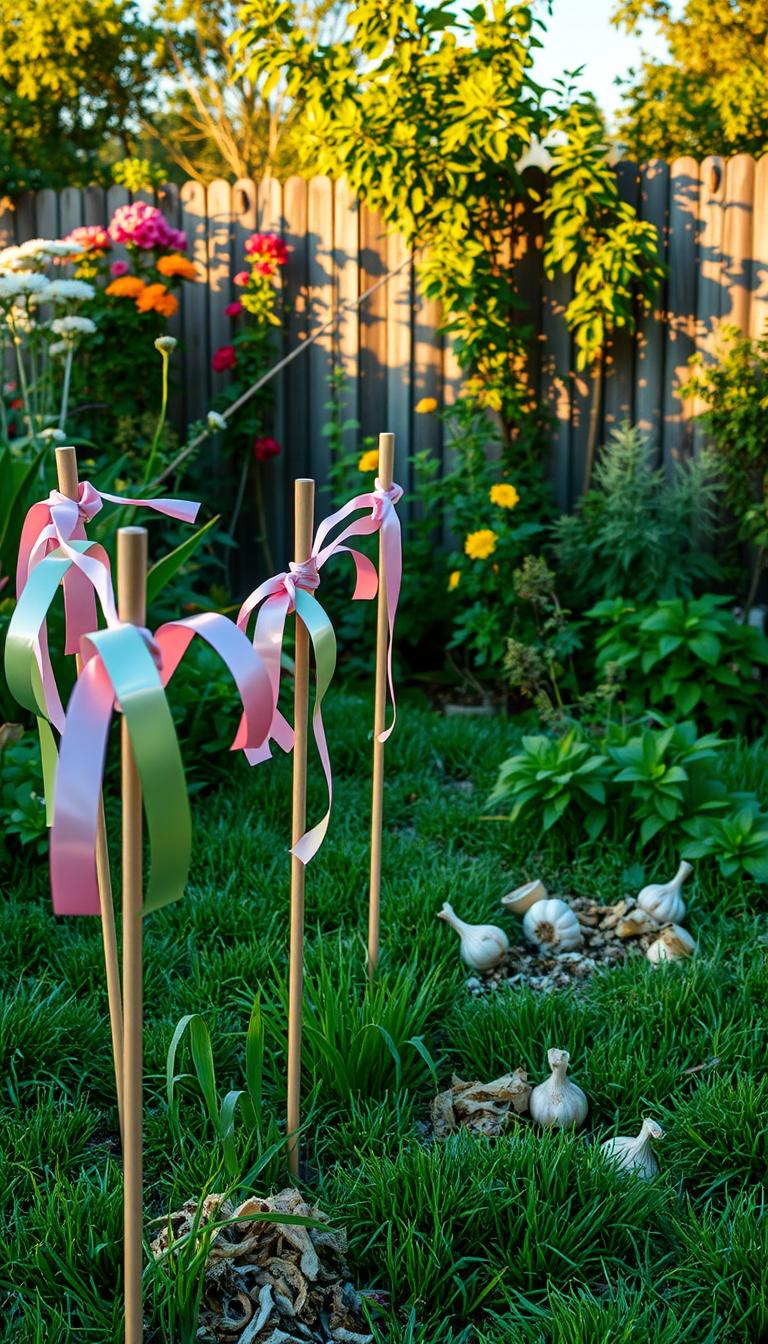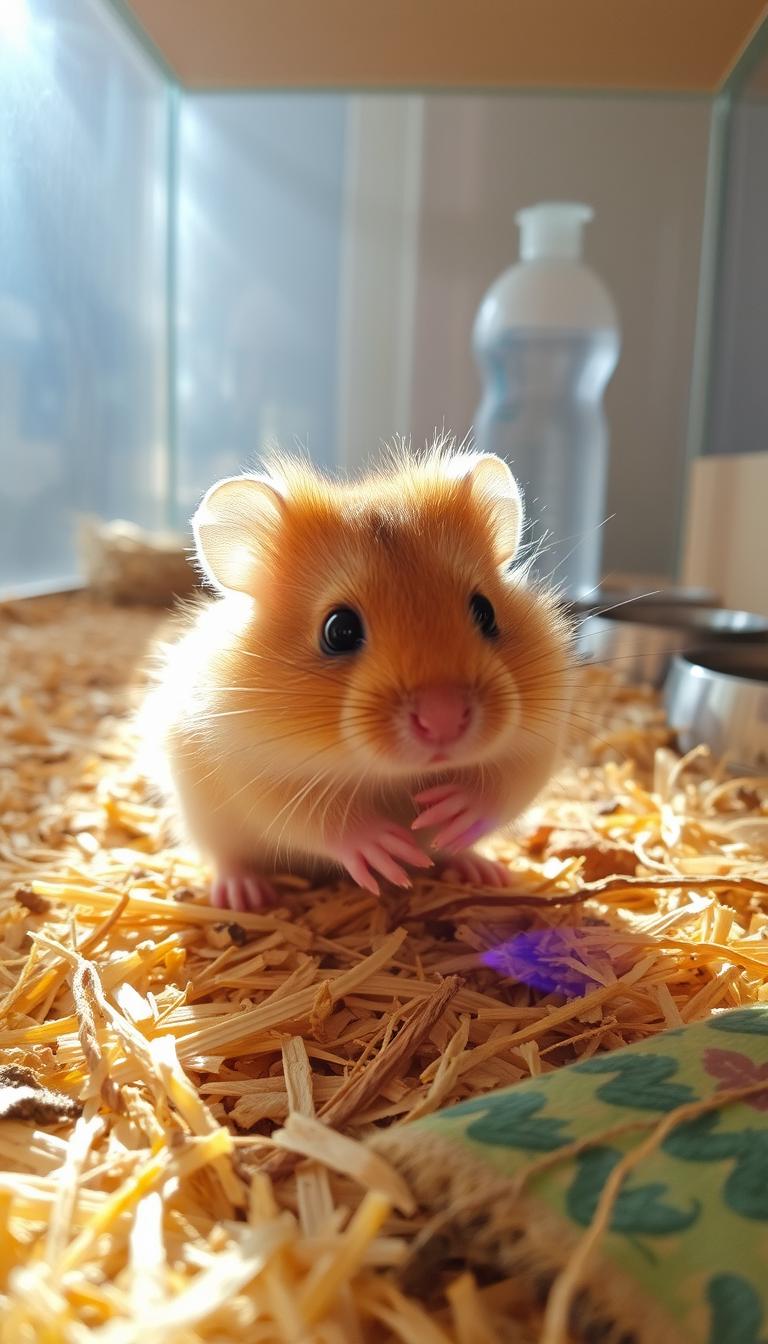If you happen to live in the state of California and are looking for a new pet, you may have thought about getting a pet parrot to add some fun to your life? But are these pets legal to own in the golden state?
Within this article, we will answer this question for you, as it may not be as simple as it first seems. Please continue on to find out more and see if you can get the pet of your dreams.
Table of Contents
Can I get a parrot in California?
The answer to this is most likely, yes, you should be able to get almost any parrot in the state of California. However, there are one species of parrot in particular that you should avoid. Parakeets, cockatoos, macaws, and lovebirds are all parrots that you can bring into your home and shower with love, but there are one species that is outlawed in many states.
The Quaker Parrot (also known as the monk parakeet) is the only kind of parrot that you will not be allowed to have if you live in California. All other parrots are completely legal and won’t get you into any kind of trouble.
As it turns out there is a good reason that this parrot has been made illegal in the golden state.
Why are Quaker Parrots illegal in California?
The Quaker Parrot is illegal in many states including Colorado, New York, and Hawaii, as well as California of course, and this is because this parrot is deemed an invasive species. There are specific reasons for this and we will go over them now.
Disrupt Agriculture
This species of parrot will breed very quickly, so it was to escape from captivity it would quickly multiple its numbers. They lay 5-12 eggs in a clutch and they take only 24 days to hatch.
Just one pair of quaker parrots could lay up to 6 clutches a year and so effectively turn their single pair into up to 68 birds in just one year!
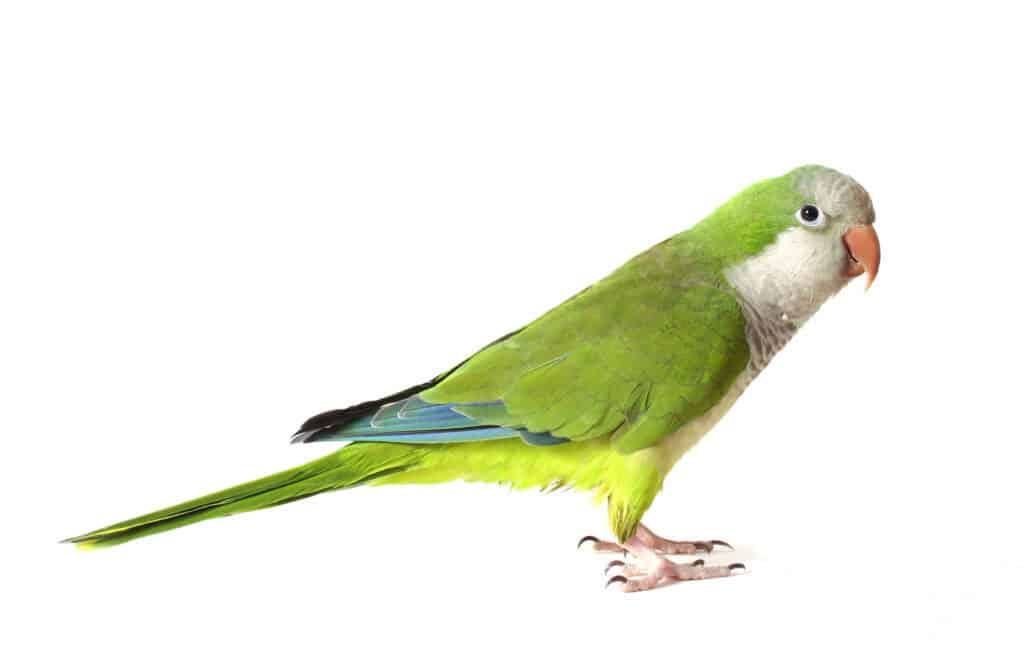
These large flocks will then feast on the grains and fruits they find in their surroundings which can cause great trouble for farmers when they end up taking huge chunks out of their potential harvest and impact their profits and way of life.
They will eat things like corn, grapes, and pears and so those farming this produce would not like to have them around.
They are a threat to Native Bird Species
Due to them taking control of the food supply with their dominant nature, local native birds can have trouble getting an adequate amount of nutrition from the food supply.
The quaker parrot will also kill smaller bird species so that they can retain control of the food supply which can cause numbers of local birds to drop, in conjunction with their already lowered nutrition.
The quaker parrot is loud and can cause safety concerns
Another important reason is that they will build large communal nests for their flocks, these could be located in radio towers, in trees, inside the roofs of buildings, and on power poles.
The structural integrity of these places can then be damaged as they are not intended to hold so much weight.
This causes a problem for public safety as roofs could collapse, trees and power poles can fall down and power outages can occur. In the state of Florida alone, over 1000 power outages have been caused by these birds and the local government has spent possibly up to nearly 5 million dollars to try and remove these nests.
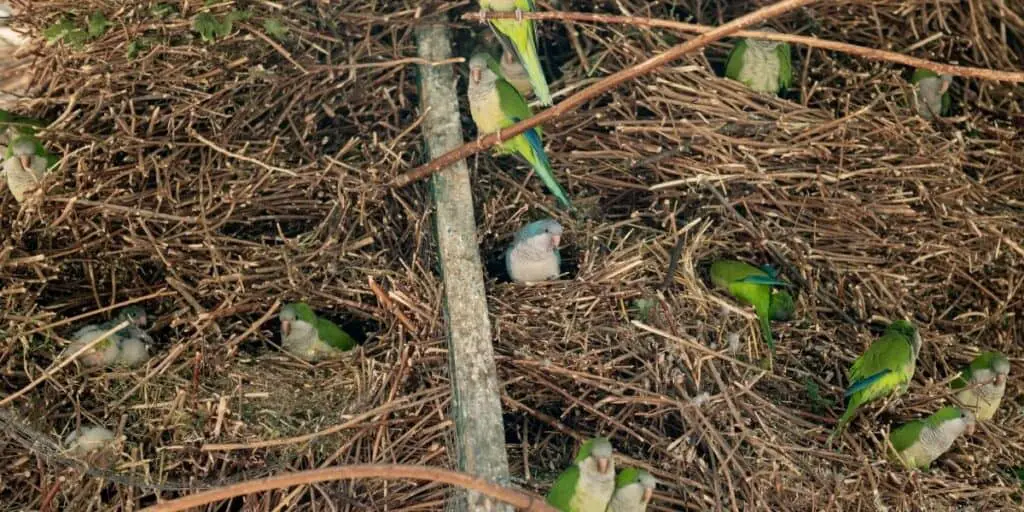
These birds are also very loud and just under 10 of them can be heard for around 5 blocks, so this can cause some obvious noise pollution.
Diseases can also be spread via this species. Newcastle Disease, and Exotic Newcastle Disease, can be spread to other birds and can be devastating for local poultry farms. They also have the chance to spread, psittacosis to humans which requires antibiotics in order to treat.
Given all these reasons, I think you can see why the state of California made the wise choice to have these particular parrots be illegal to own or breed.
Final Thoughts
In conclusion, most of the time you should be able to have almost any kind of parrot that you want in the state of California. The only exception to this rule would the Quaker Parrot which is an invasive species and is illegal, for some very good reason!
Hopefully, this article has given some useful information to any future parrot owners, and good luck with your feathered friend in the coming years.


